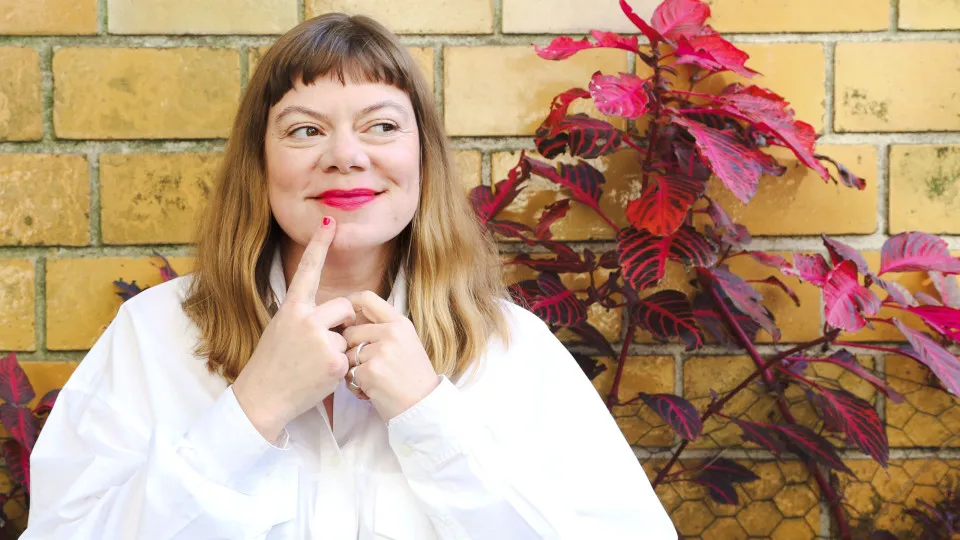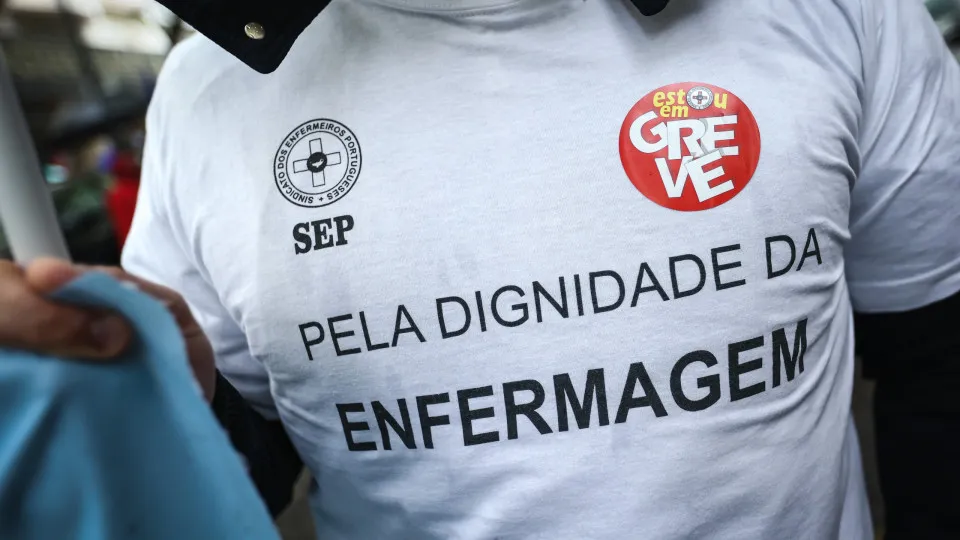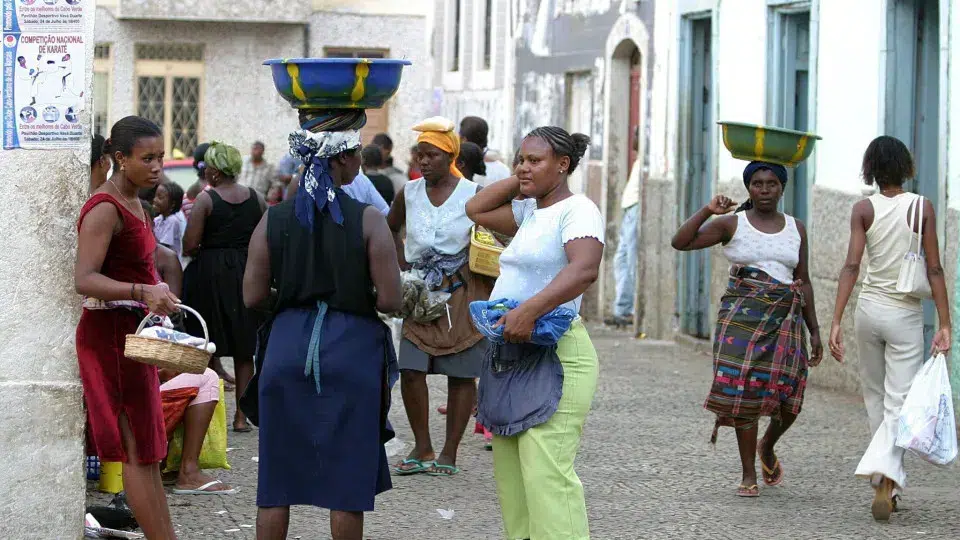
Rapper and writer Capicua returns to children’s literature with ‘Como é que um caracol foge de casa?’, illustrated by Matilde Horta and published by Nuvem de Letras.
Distant from the naivety often associated with fables, the story uses the unusual journey of a snail tired of its ‘home’ to highlight one of Portugal’s most pressing social issues: the housing crisis.
Ana Matos Fernandes, better known as Capicua, presents more ‘lessons’ in this, her second children’s book, following the release of ‘Cor-de-Margarida’ in 2023.
‘Como é que um caracol foge de casa?’ encourages reflection on empathy, inequality, independence, and privilege. As Capicua emphasizes in an interview with Notícias ao Minuto, “books are great conversational prompts, especially with children.”
“I always like to discuss important issues through the lens of music, poetry, or literature. In this case, because I believe books are excellent conversation starters, particularly with children, I wanted to address urgent and current issues in a humorous and ironic way, inviting families to talk. I think discussing one’s own privilege in an unequal world and access to housing, in contexts like ours, is extremely important for fostering more empathetic and compassionate citizens,” she explains.
The story’s protagonist, as the book’s title suggests, is a snail weary of carrying its home. At one point, the mollusk embarks on a seaside vacation to visit cousin snails. Along the way, it meets other animals struggling to find homes, be it a nest, a burrow, or a web.
Its slow pace and lament contrast with the bustling existence of other animals it attempts to converse with. The snail soon learns that not everyone is fortunate enough to have their own home. Moles, birds, and other creatures are busy fighting for a basic right—the right to a home.
Like in ‘Cor-de-Margarida’, Capicua does not patronize young audiences in ‘Como é que um caracol foge de casa?’. The secret to capturing their attention and awakening them to critical issues covered in this book is using irony and humor, as she has accustomed us in her songs.
“I have a lot of fun writing, and I think it shows, but I also believe that irony and humor are strategic ingredients to address and absorb serious and significant topics without resistance or suspicion. I think that evoking laughter (like through music or poetry) makes people (of all ages) more open to listening and discussing a topic,” she notes to Notícias ao Minuto.
Despite the richness of the language, filled with interjections, curious expressions, and less common vocabulary, the book is recommended for children from the age of three, promoting dialogue between young readers and adults.
The conclusion of the story delivers an essential lesson to the snail, who, faced with others’ reality, realizes it is fortunate to have its own home, even if it must carry it everywhere.
‘Como é que um caracol foge de casa?’ offers more than just a bedtime story. It is an invitation to reflect on the need for a place to live and serves as a powerful megaphone directed by Capicua at families and society.
“I owe a lot to children’s literature”
Ana Matos Fernandes is a Porto native and sociology graduate. She has been writing since she was 15 but launched her career as a “rapper apprentice” in the 2000s.
Over the past two and a half decades, she has built a solid trajectory in the Portuguese music scene. Her songs often feature sharp and daring critiques, elements that she incorporates into her chronicles and even children’s books.
As she revealed in an extensive interview last March to Notícias ao Minuto, following the release of the album ‘Um Gelado Antes do Fim do Mundo’, Capicua recalls “loving words before knowing how to write,” so the books her father read to her, along with the jingles he taught, also inspired her to write for children.
“I owe a lot to children’s literature, the songs of childhood, the jingles, because my fascination with words began in childhood, and I still maintain a playful relationship with them,” she notes, adding that being a mother and reading many more children’s books for her son has also led her to write for younger audiences.
Asked about new projects, Capicua hints at an ongoing project.
“We are working on another music book for the Mão Verde project (my children’s music band with Pedro Geraldes, António Serginho, and Francisca Cortesão), set to release in spring, and we are eager to continue discussing ecology, as in previous albums, as well as equality, housing, city life, democracy, and freedom,” she concludes.




